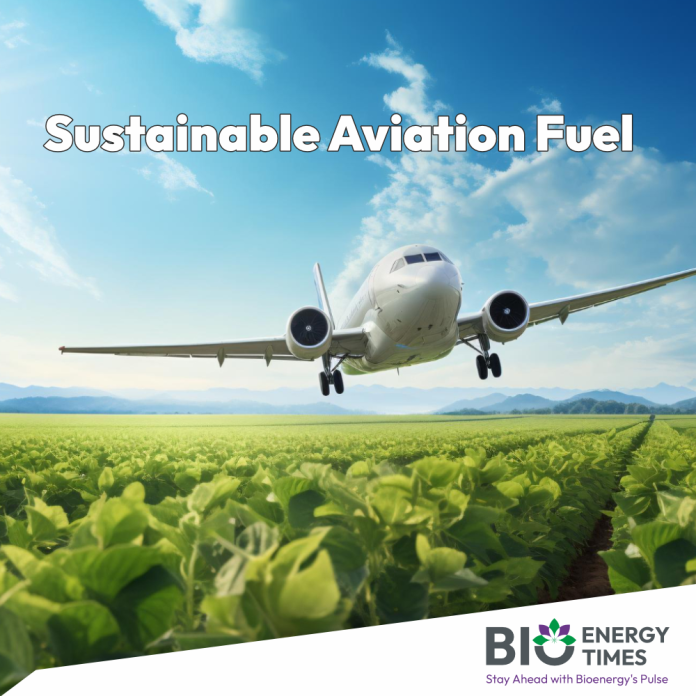The International Civil Aviation Organisation (ICAO) has begun feasibility studies to assess Ghana’s ability to produce Sustainable Aviation Fuels (SAF), a move that could help reduce the country’s reliance on fossil fuels in the aviation sector, reports Ghana Business News.
If the studies are successful, Ghana could start producing SAF using locally available resources such as used cooking oil and organic waste.
Speaking at the opening of a two-day workshop on SAF capacity building in Accra, Juliet Okine, Deputy Director-General for Finance and Administration at the Ghana Civil Aviation Authority (GCAA), expressed hope that the studies would pave the way for SAF development in the country.
“Ghana has what it takes to support SAF production,” she said. “With the availability of key feedstock, the GCAA is confident the studies will lead to positive outcomes.”
The workshop, hosted by the GCAA in partnership with ICAO, is part of the ACT SAF project—an initiative funded by the United Kingdom to help countries build capacity in SAF development and use.
Ms. Okine called on various government ministries, including Finance, Food and Agriculture, Environment, Energy, and Green Transition, to support the effort. She added that SAF production could generate employment, create opportunities for young people, and support long-term economic growth.
Minister of Transport Joseph Bukari Nikpe also addressed the workshop, stressing that aviation is a significant source of global carbon emissions and that action is needed to shift towards cleaner energy.
“Aviation contributes about two to three percent of global carbon emissions,” he said. “Sustainable Aviation Fuel can cut life-cycle emissions by as much as 80 percent compared to traditional jet fuel.”
The feasibility studies are seen as a key step in Ghana’s efforts to contribute to global efforts toward greener aviation and climate-friendly economic development.















